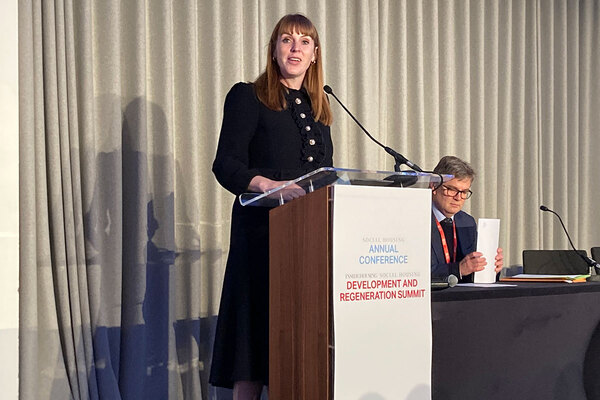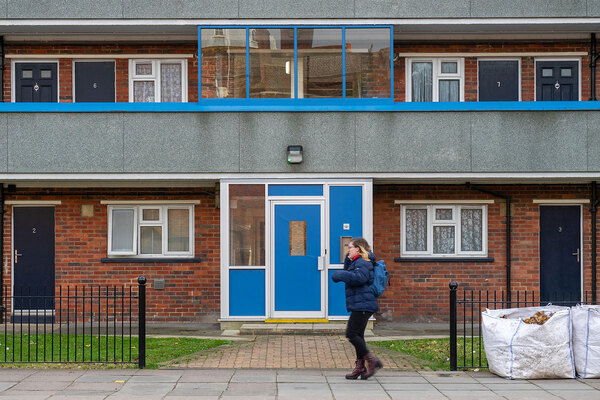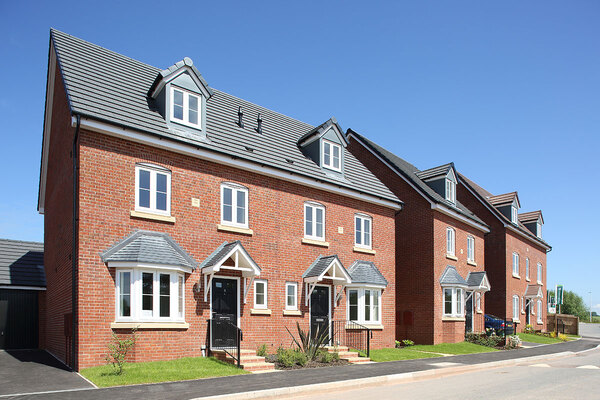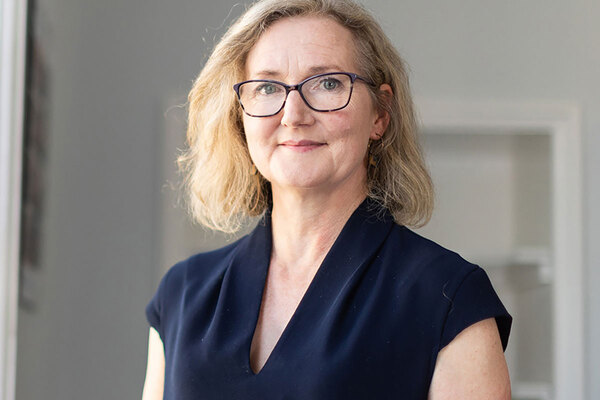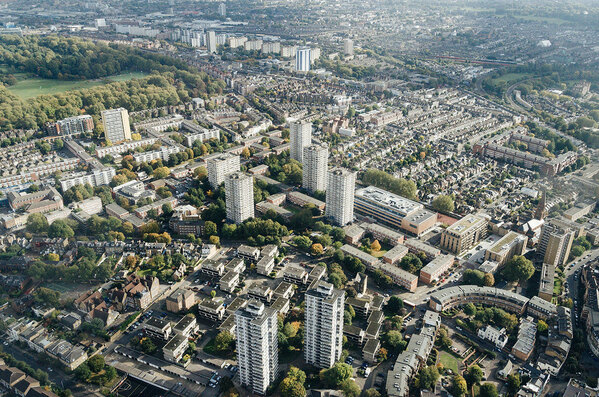You are viewing 1 of your 1 free articles
Reintroducing rent convergence would unlock nearly £775m in London
New research by the G15 group of London’s largest landlords has found that reintroducing rent convergence at £3 per week would raise an additional £773m over 10 years.
The analysis comes in response to the Ministry of Housing, Communities and Local Government (MHCLG)’s consultation on the future of social rents.
Launched alongside the Autumn Budget in October, the government proposed a rent settlement of Consumer Price Index (CPI) plus 1% for “at least five years”, with MHCLG considering a 10-year agreement.
In their responses to the consolation, many in the sector called for a long-term rent agreement to be enshrined in law.
The reintroduction of rent convergence has so far been ruled out as the government believes it would reduce the disposable income of social housing customers and “result in higher welfare spending”.
Deputy prime minister and housing secretary Angela Rayner told a conference in November that she is pushing cabinet colleagues for rent convergence as she urged housing associations to restart their development programmes.
The G15’s analysis comes after the National Housing Federation (NHF)’s response to the rent consultation put the total amount raised across the entire social housing sector at £3.5bn in England and could unlock the delivery of 92,000 new homes.
Also this month was the latest Global Accounts of registered providers from the Regulator of Social Housing.
It revealed that housing associations spent £8.8bn on repairs and maintenance between April 2023 and March 2024, a 14.3% increase on last year’s figure.
At the same time, providers are forecasting to build 105,000 fewer homes over the next five years than they were planning to build two years ago – a reduction of more than a quarter (26%).
The G15 said the £773m figure could result in investment of nearly £1,500 per home over the next decade.
Fiona Fletcher-Smith, chair of the G15 and chief executive of L&Q, said: “We look forward to working with this government on a long-term financial settlement which will enable us to invest more money in our existing homes and enable us to build more new homes.
“Ultimately, we do not believe the proposed settlement goes far enough. While CPI+1% is welcomed, it will not be sufficient to reverse the decline in affordable housebuilding starts we have seen over the last five years.
“In particular, we strongly disagree with the decision not to reintroduce a mechanism for convergence.
“The decision to end convergence early has had a devastating impact on housing associations’ financial capacity.
“We strongly urge the government to re-introduce convergence so that these rents can be increased at a faster rate over time to bring them in line with the income-linked formula rent.
“A convergence of £3 extra per week (on top of CPI+1%) over the next 10 years would keep rents affordable while also bringing in an extra £3.5bn to the sector.”
The new research builds on a report published in May which found the end of rent convergence and a lack of a long-term rent settlement is putting 300,000 social homes at risk of becoming financially unsustainable.
An exclusive analysis of rents by Hyde on behalf of the G15, shared with Inside Housing, found that more than half (57%) of social homes managed by London’s largest landlords have now diverged away from the formula rent.
This equates to almost 300,000 homes managed by landlords where rents have not converged to formula rent.
For G15 member Hyde, the annual increase that reintroducing rent convergence would bring is equivalent to a 5% increase in investment it makes in upgrades, repairs and maintenance to each social home each year.
In its results for 2023-24, the association reported a drop in its surplus of more than three-quarters year on year and a 61% fall in starts.
Contractor insolvencies on two developments contributed to the decrease, as well as the reappraisal of two developments and the change of intended use of one scheme. These impairment charges totalled £39.4m.
The landlord reported a statutory surplus – after operating cost adjustments and gains on financial instruments – of £25.9m compared with £117.5m the previous year.
Andy Hulme, chief executive of Hyde, said: “The evidence is clear, scrapping rent convergence has sucked resources away from social housing providers being able to invest in customers’ homes, leaving the sector decimated and customers frustrated that landlords can’t afford to provide the services they want.
“Rents for social housing are quite rightly much, much cheaper than private rents, but this means that social homes operate on very fine margins.
“It’s crucial that this government works with housing associations and local authorities to reintroduce rent convergence, and makes social housing financially sustainable again.”
The London Tenants Federation has called for a freeze on social rents amid the government’s consultation as it believes the rent rise of CPI+1% will “further impoverish” tenants, as well as represent only a “drop in the ocean compared to what is needed to meet the backlog of repairs and refurbishment” and need for “much more” social housing.
Instead of rent rises, the federation said the “only real solution” is for the government to supply the amount of funding needed for the upkeep of existing social rented homes and construction or buyback of more.
However, further analysis by the NHF maintained that years of rent cuts and below-inflation rent caps mean social rents are 15% lower in real terms than they were in 2015.
Rent data from the G15 showed social homes are still much more affordable than any other housing other form of housing and are 70% cheaper than privately rented homes.
The NHF’s research showed that increasing rents by £3 per week, even for social housing customers whose rents are currently more than £100 below formula, would only increase the total housing support paid for by the Department of Work and Pensions by 0.6%.
Sign up for our development and finance newsletter
Already have an account? Click here to manage your newsletters


